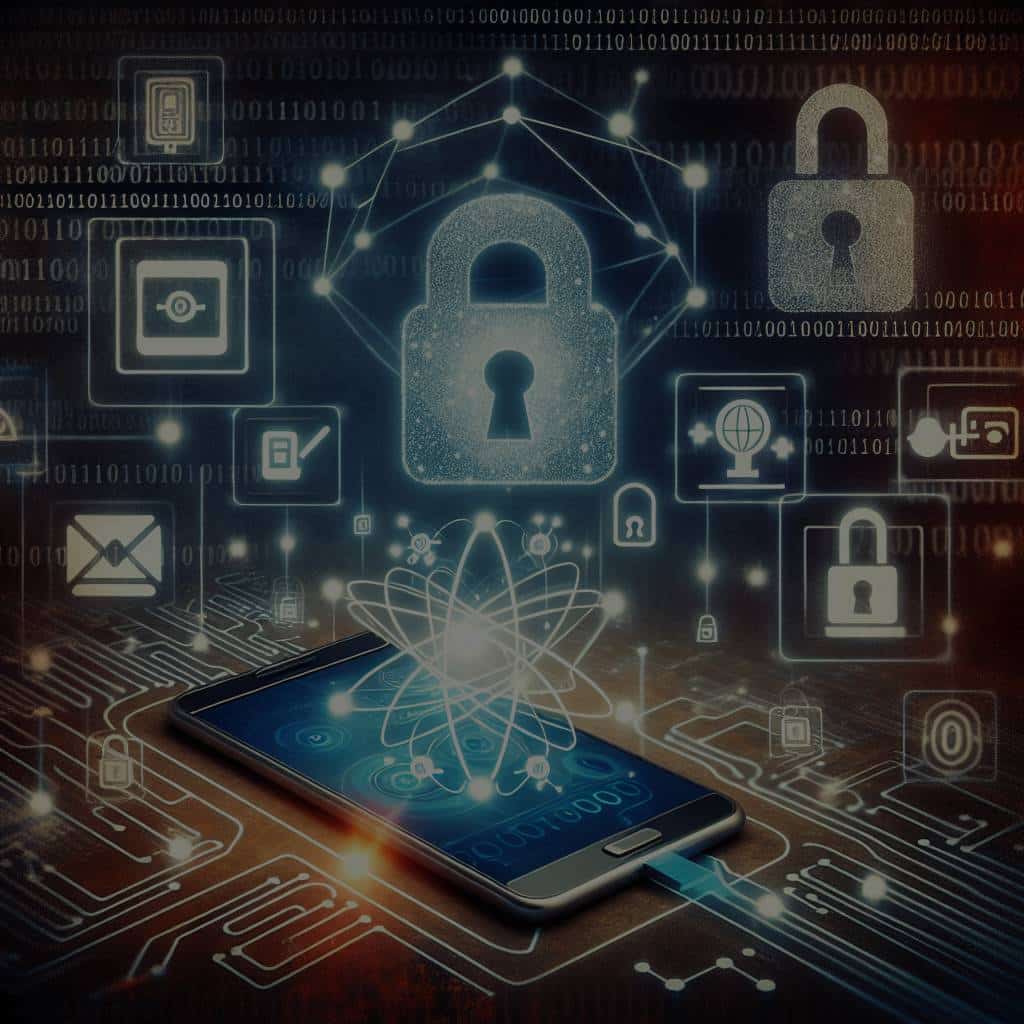How Might Quantum Cryptography Impact the Security of Mobile Payments?

In the burgeoning world of digital payments, security is a paramount concern. As you conduct financial transactions on your smartphone, you may wonder just how secure your data truly is. With the rapid advancements in technology, one approach that stands out in securing digital transactions is quantum cryptography. This technology utilizes principles of quantum physics to secure data and create encryption keys that are impossible for hackers to predict. This article aims to explore how quantum cryptography might revolutionize the security of mobile payments in the future.
Understanding Quantum Cryptography
Before delving into how quantum cryptography can enhance mobile payment security, it’s essential to understand what this technology entails. As the name suggests, quantum cryptography combines quantum mechanics with the age-old art of cryptography—the practice of securing information by transforming it into unreadable text.
Topic to read : What’s the Impact of Advanced Oxidation Processes on Water Purification Systems?
Quantum cryptography leverages a fascinating quantum phenomenon: the uncertainty principle, which dictates that measuring a quantum state inherently changes it. This principle forms the basis of the Quantum Key Distribution (QKD) technique, key to quantum cryptography. QKD creates a secure communication channel and generates a random secret key only known by the communicating parties. If a third party tries to intercept the communication, the quantum state is altered, alerting the parties and ensuring the security of their transaction.
The Security Vulnerabilities of Classical Cryptography
Classical cryptographic methods, while robust and time-tested, display vulnerabilities that quantum cryptography can address. Most cryptographic systems today, like RSA and ECC, rely on the inherent difficulty of large integer factorization or discrete logarithm problems. However, these cryptographic algorithms could fall prey to quantum computers, capable of solving such problems exponentially faster than classical computers.
Have you seen this : Can AI-Enhanced Gene Sequencing Accelerate Personalized Cancer Treatment?
In the realm of mobile payments, these vulnerabilities could potentially expose your financial data to cyber threats. Hackers armed with quantum computers could feasibly decrypt traditional encryption, leaving your data vulnerable. As the power and accessibility of quantum computers grow, these concerns become increasingly pressing.
Quantum Cryptography and Mobile Payment Security
So, how could quantum cryptography enhance the security of mobile payments? Firstly, it could offer a new level of encryption that is resistant to quantum computing attacks. As mentioned earlier, quantum cryptography uses QKD to establish secure communication channels. When applied to mobile payments, it would mean that every transaction you make is secured by a unique encryption key.
Secondly, quantum cryptography could potentially offer perfect forward secrecy, a feature that ensures that all past transactions remain secure even if a future key is compromised. This means that even if a hacker manages to compromise one of your transactions, they won’t be able to decrypt any past or future transactions.
Adopting Quantum Cryptography in Mobile Payment Systems
While the potential of quantum cryptography for secure mobile payments is undeniable, its adoption in existing systems is not without challenges. For one, the quantum technology infrastructure needs to be in place. This includes quantum computers, quantum-safe algorithms, and secure quantum networks for distributing quantum keys.
Furthermore, quantum computers are still being developed and are not yet ready for widespread commercial use. Quantum-safe algorithms also require extensive testing and standardization before they can be deployed in mobile payment systems.
Another challenge is the cost. Implementing quantum technology into mobile payment systems would likely require significant financial investment. However, considering the amount of resources businesses already spend on cybersecurity, the investment in quantum cryptography could be justified in the face of rising cyber threats.
Regulatory Considerations and Standards
As with any technology, the use of quantum cryptography in mobile payments will need to comply with various regulations and standards. As quantum cryptography is still in its infancy, appropriate regulatory standards are yet to be defined. However, organizations such as the National Institute of Standards and Technology (NIST) are already working on creating standards for quantum-resistant algorithms.
In addition, there are data privacy regulations that mobile payment providers need to comply with. These include the General Data Protection Regulation (GDPR) in Europe and the California Consumer Privacy Act (CCPA) in the US. Ensuring that quantum cryptography complies with these regulations will be paramount in its adoption.
In the world of digital payments, the stakes for securing transactions have never been higher. As mobile payments continue to rise in popularity, the need for robust security measures grows alongside. Quantum cryptography, although still in the early stages of development, has the potential to usher in a new era of secure mobile payments. But for that potential to be fully realized, significant advancements and investments in quantum technologies, as well as clear regulatory guidelines, are crucial.
Enhancing User Trust in Mobile Payment Platforms
Adopting quantum cryptography into mobile payment systems isn’t just about security—it’s also about user trust. For users to feel comfortable using mobile payment platforms, they need to trust that their financial data is safe. This trust is fundamental to the growth and success of these platforms. Quantum cryptography, with its promise of unbreakable security, could play a major role in bolstering this trust.
Quantum cryptography could provide an assurance that even the most advanced quantum computers cannot breach the security of their financial transactions. This could lead to increased user confidence, driving more people to adopt mobile payment solutions. In an era where data breaches and cyber threats are a growing concern, the idea of a perfectly secure transaction method could significantly enhance user trust.
Moreover, the perfect forward secrecy feature of quantum cryptography could reassure users that their past transactions are safe, even if a future key is compromised. This additional level of security could provide users with the peace of mind they need to continue using these platforms, even in the face of potential cyber threats.
However, to fully leverage this potential, companies need to transparently communicate about the security measures they are implementing. Users need to understand the value and safety quantum cryptography creates in order to trust it. This could involve educating users about quantum encryption, QKD, and the steps taken to ensure their data’s security.
Conclusion: The Quantum Leap in Mobile Payment Security
As we continue to move towards a cashless society, the importance of robust, secure mobile payment systems cannot be overstated. Quantum cryptography, despite its nascent stage and challenges, holds the promise of revolutionizing the security landscape of mobile payments.
By harnessing the principles of quantum physics, quantum cryptography could potentially offer an unassailable level of security that is immune to the threats posed by quantum computers. Its implementation could not only fortify the security of financial transactions but also significantly enhance user trust in mobile payment platforms.
However, realizing this potential is contingent on overcoming the challenges related to infrastructure development, cost, and standardization. Regulatory considerations and data privacy regulations also need to be addressed for successful integration.
The journey to implementing quantum cryptography in our everyday transactions might be a long one, but the rewards could be massive. With the right investments, technological advancements, and regulatory standards, we could soon witness a quantum leap in the security of mobile payments. The future of mobile payment security might just lie in the uncertain world of quantum physics.
